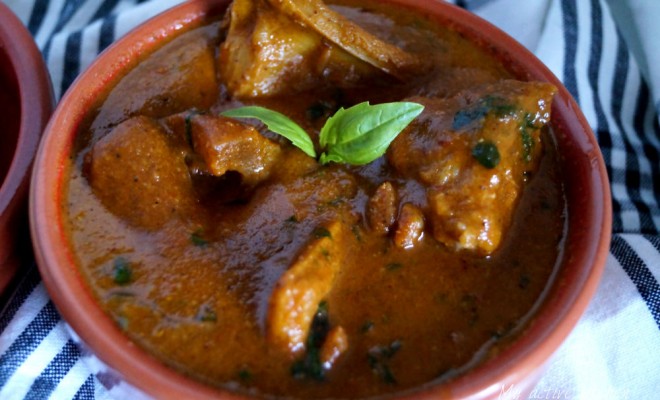Food is at the heart of Edo culture, and no celebration is complete without mouthwatering traditional dishes. From weddings and naming ceremonies to festivals and daily meals, the Edo people use food not only as nourishment but also as a way of preserving heritage.
Delicious Edo soups like Owoh, Black Soup, and Groundnut Soup are not only tasty but also carry deep cultural meaning. In this article, we explore the best Edo cuisine, how these dishes are prepared, and why they remain favorites among Edo families at home and abroad. If you love Nigerian food, you’ll definitely want to try Edo traditional dishes.
1. Owoh Soup
Owoh Soup is one of the most popular and unique Edo soups. Made with palm oil, ground crayfish, local spices, and sometimes fish or goat meat, Owoh is thick, rich, and deeply flavorful. Traditionally, it is eaten with starch, yam, or plantain.
In Edo culture, Owoh Soup is often served during special occasions, symbolizing hospitality and unity. For many Edo people in the diaspora, preparing Owoh brings back memories of home.
2. Black Soup (Omoebe)
Black Soup, also called Omoebe, is another Edo delicacy with a distinct taste and aroma. It is prepared using ground bitter leaves, scent leaves, and other herbs that give the soup its dark color. Rich in nutrients, Black Soup is believed to have medicinal value, aiding digestion and boosting immunity.
Often served with pounded yam or starch, this dish is a must-try for food lovers exploring Benin Kingdom food traditions.
3. Groundnut Soup
Groundnut Soup, made from roasted peanuts, is a creamy, savory dish that Edo people cherish. It is usually cooked with meat, fish, and vegetables, creating a smooth blend of nutty and spicy flavors.
This soup is commonly eaten at family gatherings, especially in Edo households where food is a symbol of togetherness and celebration.
4. Palm Nut Soup (Banga Soup)
Though popular across Nigeria, Palm Nut Soup holds a special place in Edo cuisine. Made from palm fruit extract, spices, and assorted meat or fish, Banga Soup is usually paired with starch or pounded yam.
Its deep red color and rich flavor make it a festive meal, often prepared during harvest season or big events.
5. Okro and Ogbono Soups
While not exclusive to Edo, Okro and Ogbono Soups are staples in many Edo households. They are cooked with local spices, stockfish, and sometimes combined with vegetables. Easy to prepare yet delicious, they represent the everyday side of Edo food culture.
6. Edo Snacks and Side Dishes
Beyond soups, Edo people enjoy simple but delicious snacks and sides such as:
-
Plantain (fried or boiled) – often served with sauce.
-
Moi Moi (bean pudding) – sometimes spiced with local seasonings.
-
Ukodo (yam pepper soup) – a soothing dish, especially during the rainy season.
These foods show that Edo cuisine is versatile, blending both celebratory meals and daily comfort food.
7. The Role of Food in Edo Culture
For the Edo people, food is more than just eating. It is a cultural identity. Every traditional marriage, burial, and festival includes large portions of Edo dishes served with pride. Elders say that sharing food represents love, peace, and community spirit.
Even in the diaspora, Edo families continue to cook these traditional dishes as a way of staying connected to their Edo heritage.
Conclusion
From Owoh Soup to Black Soup, Groundnut Soup, and Banga Soup, Edo cuisine is a treasure of flavors and traditions. These meals not only satisfy the stomach but also tell the story of the Benin Kingdom’s food culture.
If you’re a food lover or someone curious about Nigerian cuisine, trying Edo traditional dishes is a journey you won’t forget. The taste, aroma, and cultural significance make Edo food a true pride of Nigeria.


Leave a Reply